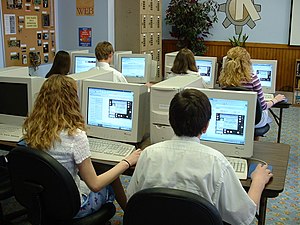I have exciting news to share!
Women’s health specialist Deborah A. Olson, RN, MA, LPC, has been working for months on her book The Healing Power of Girlfriends: How to Create Your Best Life Through Female Connection … and I’m the lucky editor she chose to work with.
What’s the book about?
Deborah is passionate about helping women in every area of their lives, and in this book she shares decades of insights she’s gleaned about connection, communication, and intimacy in healthy friendships to help you nurture your current friendships and find new ones.
The Healing Power of Girlfriends will help you avoid toxic friendships, understand the role expectations play in women’s friendships, and learn how power dynamics can hurt or heal these special relationships. It is chock-full of personal anecdotes, scientific research, and therapeutic advice that any woman can use to support and honor these special friendships.
Today Deborah is revealing her book’s cover!
And now … drumroll, please … the cover reveal for The Healing Power of Girlfriends: How to Create Your Best Life Through Female Connection.

Doesn’t that cover make you want to grab a couple of your besties and head to warmer weather?
If you’re someone who has taken a book from dream to reality, you know how exhilarating the time approaching the publication date can be. And so many decisions have to be made, including what the cover will look like. Deborah’s “happy place” is at the beach, and I think she nailed that one, don’t you?
#SendACardtoAFriend Day
Deborah’s timing couldn’t better! Today is Send a Card to a Friend Day … so pick one or two—or 12—of your besties who have been a source of support and healing for you, and send them a card to let them know how much you value them!
Learn more about Deborah, her work with women, and The Healing Power of Girlfriends (available March 8, 2019) by visiting her website at https://www.galleriacounseling.com/book/. While you’re there, be sure to sign up for her newsletter for updates.
**********
 Candace Johnson is a professional freelance editor, proofreader, writer, and writing coach who has worked with traditional publishers, self-published authors, and independent book packagers on nonfiction subjects ranging from memoirs to alternative medical treatments to self-help, and on fiction ranging from romance to paranormal. As an editorial specialist, Candace is passionate about offering her clients the opportunity to take their work to the next level. She believes in maintaining the author’s unique voice while helping them create and polish every sentence to make it the best it can be. Learn more here.
Candace Johnson is a professional freelance editor, proofreader, writer, and writing coach who has worked with traditional publishers, self-published authors, and independent book packagers on nonfiction subjects ranging from memoirs to alternative medical treatments to self-help, and on fiction ranging from romance to paranormal. As an editorial specialist, Candace is passionate about offering her clients the opportunity to take their work to the next level. She believes in maintaining the author’s unique voice while helping them create and polish every sentence to make it the best it can be. Learn more here.
For more great writing and publishing information, follow Change It Up Editing and Writing Services on Facebook, where I share interesting articles and links about writing and publishing. And let’s connect on Twitter and LinkedIn too!



